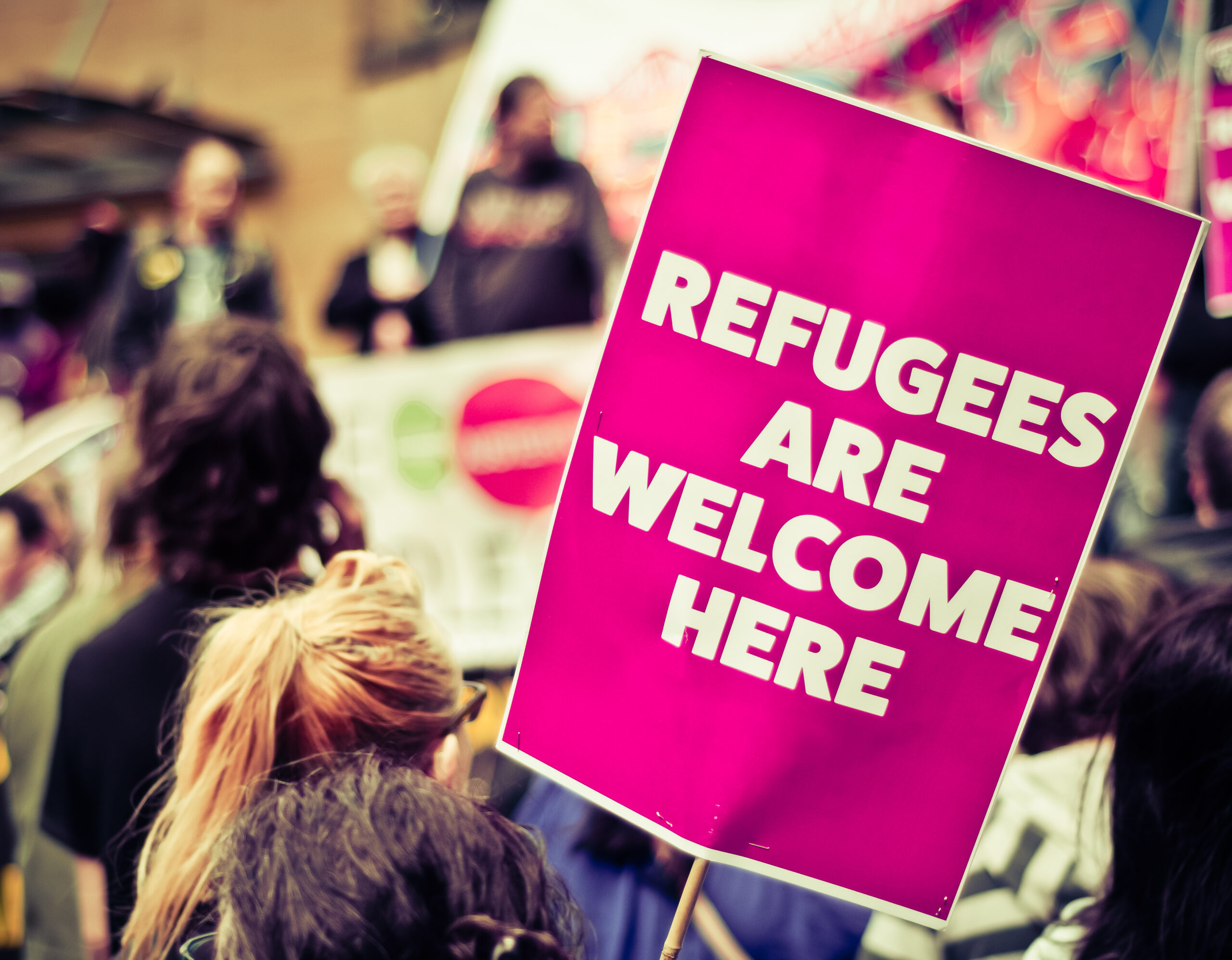Illegal Aliens Demand Free Amenities

Unlawful immigrants recently staged a protest in Chicago, demanding free housing, paid job training and easy access to amenities like food, water and “safe” neighborhoods. The presumptive audacity of these demands raises questions about their motivations and the perceived entitlements nurtured by lax immigration policies.
The protesting crowd bore signs like “We Need Paid Job Training,” “We Need Jobs,” and “We Need Housing,” signaling a sense of expectation nurtured by ongoing policies. A sign that especially raised eyebrows read, “You Promised Us Safe Living Conditions, But Our Rights Have Been Violated.”
In cities like Chicago and New York, where Democratic leadership prevails, there has been a concerning surge in illegal migrant arrivals, spurred on by Joe Biden’s open-border policies. These cities have become magnets for illegal migrants, with policies that seem to roll out the red carpet while defying federal immigration laws.
This is especially evident in Illinois, where Gov. J.B. Pritzker (D) pushes Chicago to become a “sanctuary city.” His recent endorsement of a bill extending the Illinois Human Rights Act to include “immigration status” as a protected class is particularly unsettling. Such legislation sets a dangerous precedent, effectively forcing landlords to accommodate illegal migrants despite the rising cost of living across these liberal cities.
Alarmingly, Chicago has declared a state of emergency, acknowledging an exodus of over 8,000 illegal migrants since the previous August. With over 200 illegal migrants flooding the city daily, resources are stretched thin, law enforcement is overwhelmed, and city shelters are underprepared. For instance, the notion of “paid job training” seems less the organic desire of the hard-working immigrant community and more the manipulative work of some social engineering project, probably concocted by proponents of radical social justice.
As one commentator noted, many illegal migrants are hard-working individuals who, out of economic desperation, would gladly accept any form of job training, paid or not. The demand for “paid job training” does not typically stem from these individuals. Instead, it appears to be the agenda of individuals or groups orchestrating these protests for publicity rather than genuinely seeking to aid immigrants.
Paid job training for citizens and legal immigrants is not inherently bad. The issue arises when attempts are made to organize such programs for people who are essentially unidentified and violating U.S. law. Many immigrants have little to no paperwork, making it difficult to ensure accountability.
Solutions to America’s illegal immigration crisis need to be grounded in the rule of law and not in fostering an environment of entitlement. It’s critical to ask who benefits from protests like these and to question whether these actions contribute to our society’s long-term stability and viability.






















